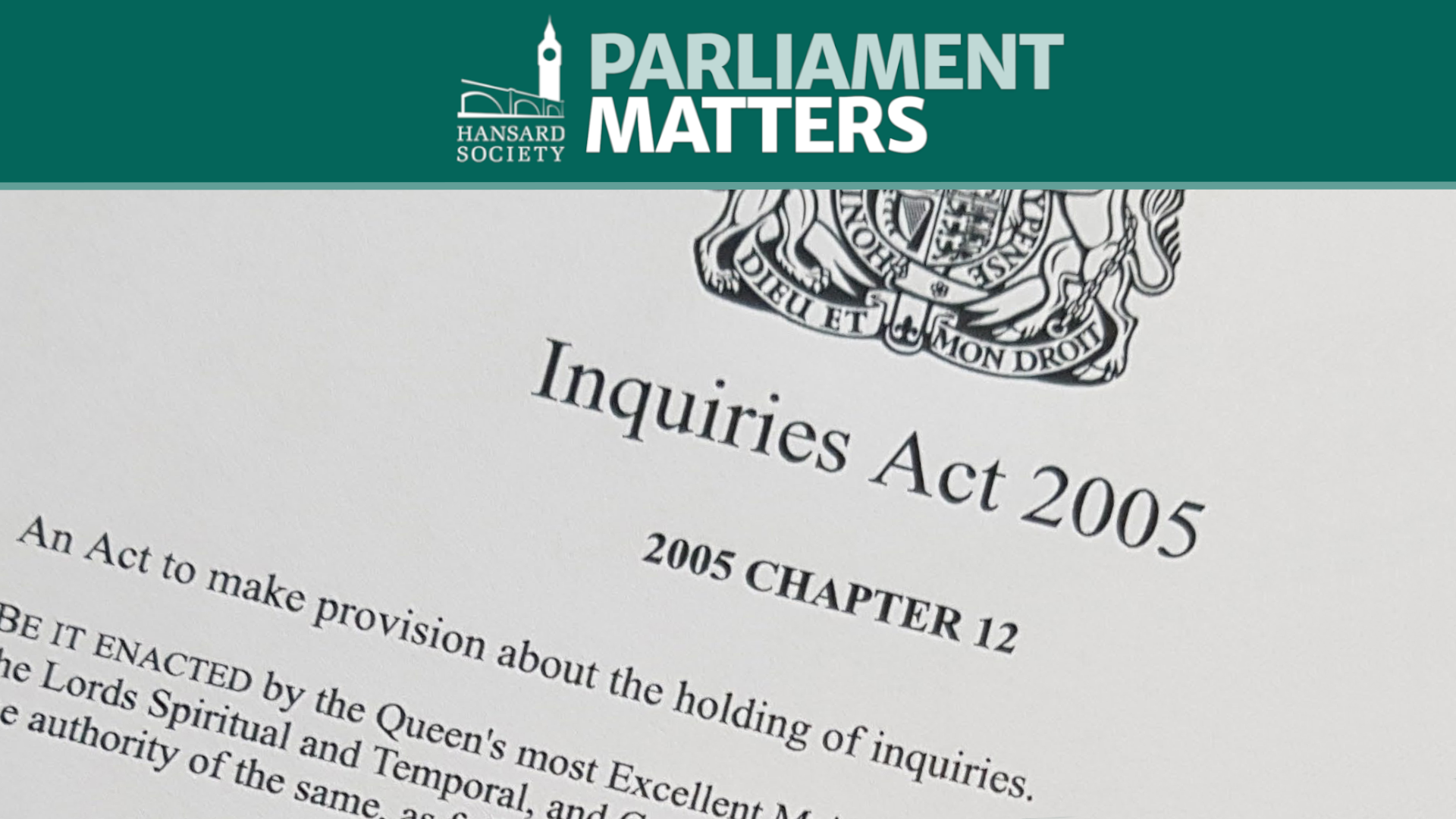News / Parliament Matters Bulletin: What’s coming up in Parliament this week? 31 March - 4 April 2025
The Treasury Committee will question Chancellor Rachel Reeves and the chair of the Office for Budget Responsibility about the Spring Statement. MPs will debate the Product Regulation and Metrology Bill, including questions about future alignment or divergence from EU law. Heathrow and National Grid executives will be grilled about the recent power failure that brought the airport to a standstill. There will be several rounds of legislative ping-pong between the two Houses as they seek to reconcile their differences on amendments to the National Insurance and Non-Domestic Rating Bills. Peers will consider amendments to the Mental Health and Bus Services Bills.




